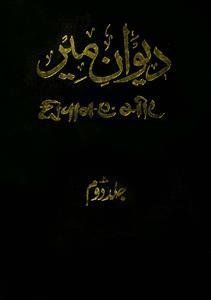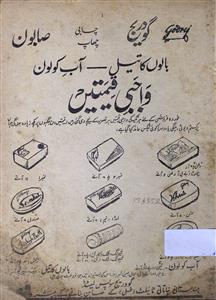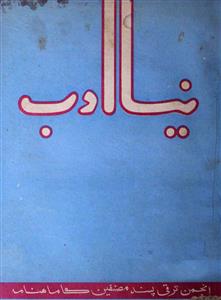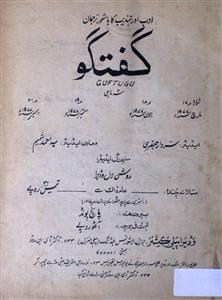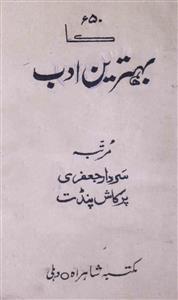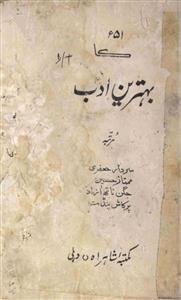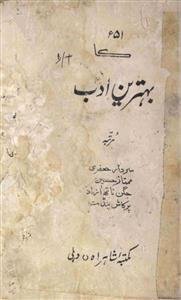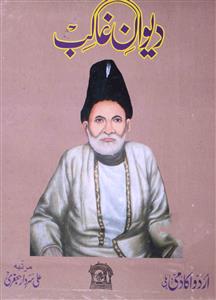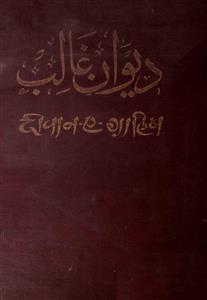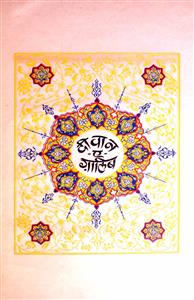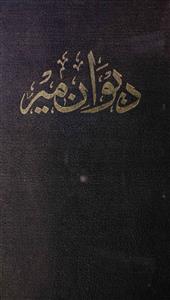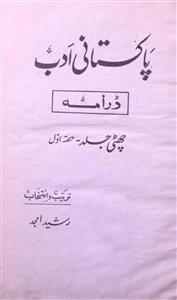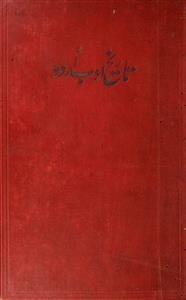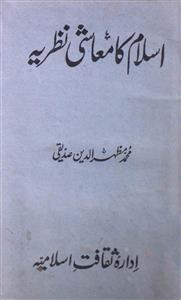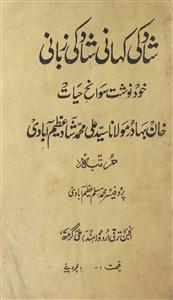 For any query/comment related to this ebook, please contact us at haidar.ali@rekhta.org
For any query/comment related to this ebook, please contact us at haidar.ali@rekhta.org
About The Book
خدائے سخن ،میر تقی میرؔ کاکلام سہل ممتنع کی عمدہ مثال ہے۔میر کے دیوان کئی معنوں میں اہمیت کے حامل ہیں۔دیوان میر کے کئی نسخے قدیم ہیں۔یہ خدائے سخن کے کلام کی اثر انگیزی ہی ہے کہ ان نسخو ں کو خود ان کےدور اور بعد کےادوار میں مختلف لوگوں نے مدون کیا ہے۔پیش نظر دیوان میر کا حصہ دوم ہے جس کو سردار جعفری صاحب نے مرتب کیا ہے۔میر کا کلام نہ صرف اردو بلکہ دیگر زبانوں میں بھی یکسا ں مقبول ہے۔زیر نظر "دیوان میر" میں سردار جعفری صاحب نے میر کے سوانح حالات بھی پیش کئے ہیں۔جس کے لیے انھوں نے " آب حیات" اوردیگر تذکروں سے استفادہ کیا ہے۔ دیوان میر نہ صرف اپنی اثر انگیزی کے باعث بلکہ آسان ،عام فہم ، واردات قلبی و وردات زمانہ کی حقیقی عکس بندی کے باعث موثر اور ہر دل عزیز ہے۔
 For any query/comment related to this ebook, please contact us at haidar.ali@rekhta.org
For any query/comment related to this ebook, please contact us at haidar.ali@rekhta.org
Write a Review
Jashn-e-Rekhta 10th Edition | 5-6-7 December Get Tickets Here
